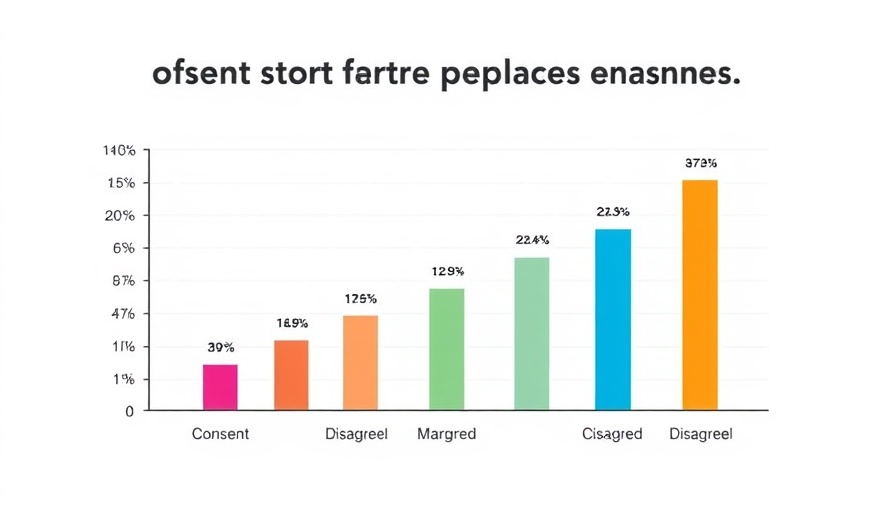
The Sinister Secret of Medical Training
In the realm of medical education, a shocking practice has emerged, one that raises significant ethical questions about consent and patient dignity. The reports of medical students conducting pelvic exams on anesthetized women without their explicit consent reveal a disturbing reflection of power dynamics in healthcare training. Imagine being a patient, vulnerable and unconscious, while medical students learn their craft through what has been described as an intrusive, disrespectful practice.
A Wake-Up Call: Is It Time to Redefine Consent?
The practice is often justified by an underlying belief that undergoing procedures in teaching hospitals implies consent for all related medical training. This, as some advocates have articulated, is far from the truth. New guidance has recently mandated that hospitals will not be reimbursed by Medicare and Medicaid if they fail to obtain explicit consent for such examinations, indicating a shift toward more stringent ethical standards in patient care.
Consequences of Ethical Erosion in Medicine
A survey highlighting the attitudes embraced by medical students showcases a troubling trend; many students felt that explicit consent for pelvic examinations was not necessary, revealing the ethical erosion that accompanies the learning process. As they progress through their education, the normalization of these invasive procedures contributes to a culture of silence and complicity regarding consent.
Historical Context: A Tradition That Must End
For decades, the efficacy of medical training has been measured against the backdrop of exploiting patient vulnerability. The historical framing of these practices signals an urgent need for reforms. With movements like #MeTooPelvic gaining visibility, communities are demanding accountability from medical institutions. This growing awareness also highlights that while the education of future physicians is essential, it must never come at the cost of a woman’s autonomy and dignity.
Steps Toward Healthier Practices and Patient Empowerment
The push for ethical reform also embraces the idea that patient empowerment must become central to medical training. Advocates urge hospitals to create clear protocols for obtaining consent gracefully and respectfully. Only through maintaining open channels of communication can the cycle of exploitation be interrupted.
As citizens of Fort Smith and the River Valley grapple with health inequities, it is vital to advocate for a medical education system that prioritizes patients' rights above all else. Increasing awareness can lead to substantial changes that respect autonomy and foster trust between healthcare providers and communities.
 Add Row
Add Row  Add
Add 




Write A Comment